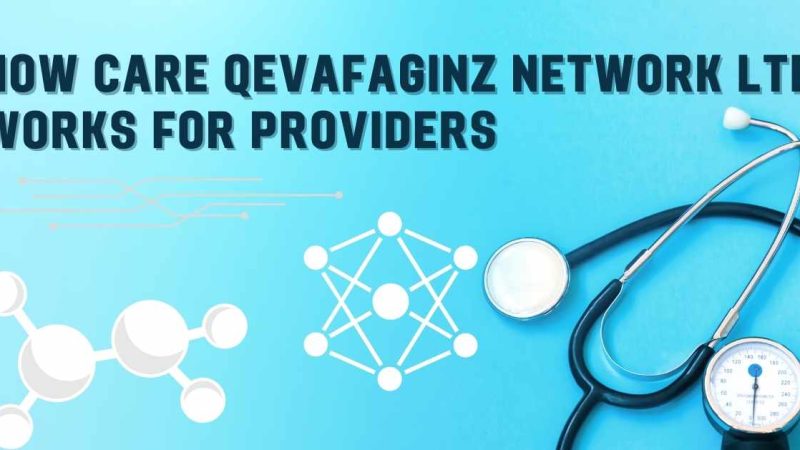Beyond Efficiency: The Strategic Advantages of Implementing Process Automation Software
Are you taking full advantage of the power of automation in your business? Technology is transforming how we work, making it possible to streamline traditionally laborious processes and increase efficiency.
But while efficiency offers tangible advantages, process automation software and workflow automation have far-reaching strategic benefits that can lead to long-term growth and success. In 2023, 83% of IT leaders consider workflow automation crucial for digital transformation.
If you’ve been slow to adopt technology or have yet to get on board with process automation solutions, read on to know why automating workflows is a valuable investment for today and tomorrow.
Operational Excellence as a Foundation
While efficiency gains are inherent, operational excellence is the foundation for strategic advantage. Workflow automation software optimizes routine tasks, reducing errors, enhancing accuracy, and accelerating workflows. This operational efficiency lays the groundwork for organizations to reallocate resources and focus on more strategic initiatives.
Agility in Response to Market Dynamics
One of the strategic advantages of process automation is the ability to respond swiftly to market changes. Automated processes enable organizations to adapt to evolving customer demands, regulatory shifts, and competitive landscapes with agility. The flexibility afforded by automation empowers businesses to pivot quickly, ensuring they stay ahead of the curve.
Enhanced Customer Experience
Workflow automation isn’t confined to internal operations; it extends to customer-facing processes. By automating customer interactions, inquiries, and service requests, organizations can provide a seamless and personalized customer experience. This strategic enhancement fosters customer loyalty, satisfaction, and positive brand perception in a competitive market.
Data-Driven Decision-Making
Workflow automation generates a wealth of data that can be harnessed for strategic insights. From performance metrics to customer behavior patterns, organizations can leverage this data for informed decision-making. The ability to derive actionable insights from automated processes enhances strategic planning and contributes to a data-driven organizational culture.
Resource Optimization and Cost Efficiency
Beyond mere efficiency gains, process automation strategically optimizes resource allocation. By automating routine tasks, organizations free up human resources to focus on high-value, strategic activities. This optimization enhances productivity and contributes to cost efficiency, a critical factor in maintaining competitiveness.
Compliance and Risk Management
In industries with stringent regulatory requirements, compliance is a strategic imperative. Process automation software ensures processes adhere to regulatory standards, reducing non-compliance risk. Automated risk management tools can identify and mitigate potential risks, offering a strategic safeguard against legal and operational challenges.
Innovation Catalyst
Workflow automation lays the groundwork for innovation by liberating employees from routine tasks. With more time and mental bandwidth, teams can engage in creative problem-solving and innovation. This strategic shift positions organizations to stay at the forefront of industry advancements and capitalize on emerging opportunities.
Scalability for Future Growth
Strategic advantage involves preparing for the future. Workflow automation software provides scalability, allowing organizations to handle increased workloads without proportional increases in manual effort. This scalability is a strategic asset, as it positions businesses for sustainable growth and expansion.
Empowering Employee Satisfaction and Retention
A strategic advantage often overlooked is the positive impact of process automation on employee satisfaction and retention. By automating mundane and repetitive activities, employees are freed from the drudgery of manual work.
This empowerment increases job satisfaction, as employees can redirect their efforts toward more meaningful and challenging tasks. In turn, organizations benefit from higher employee morale, reduced turnover, and a more engaged, creative, and invested workforce in the company’s long-term success.
Conclusion:
Efficiency and effectiveness are both crucial metrics for any successful business; however, it’s essential to remember the strategic advantages that workflow automation software brings to an organization. The increased accuracy, improved customer service levels, and the agility with which processes can be enacted and monitored all contribute to enabling a business to become more competitive in its industry.
Automating manual processes leads to improved data-driven decisions at every level of the organization. With workflow automation, businesses have an opportunity for a real competitive advantage by streamlining process execution while ensuring no growth opportunities are missed.
It’s the perfect way to bring tangible benefits regarding workflow performance and achievement of organizational goals. Ultimately, implementing process automation software is an investment that businesses should seriously consider if they truly want to unlock their potential and achieve greater success over time.






